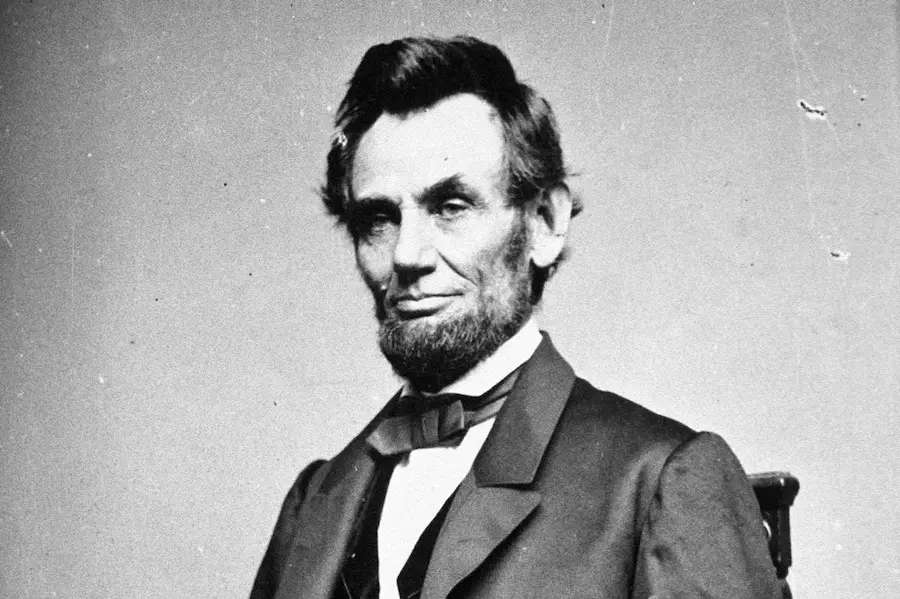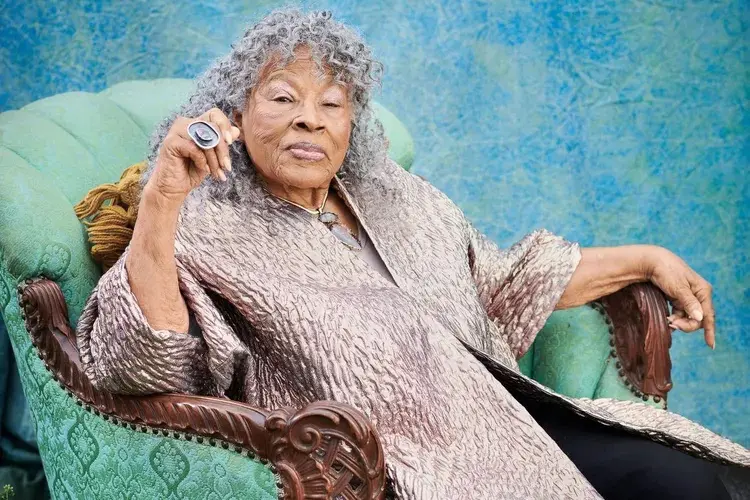Honoring Freedom: The History and Significance of Juneteenth

Juneteenth, celebrated each year on June 19, marks a pivotal moment in American history. It commemorates the day in 1865 when the last enslaved African Americans in the United States were informed of their freedom, more than two years after the Emancipation Proclamation had officially outlawed slavery in the Confederate states. Juneteenth is a story of resilience, delayed justice, and a continued pursuit of freedom.
The Origins of Juneteenth

President Abraham Lincoln, signer of the Emancipation Proclamation
Image credit: https://www.timeforkids.com/g34/abraham-lincoln/
The Emancipation Proclamation, issued by President Abraham Lincoln on January 1, 1863, declared that all enslaved people in Confederate-held territory were to be freed. However, enforcement of this proclamation relied on the advance of Union troops. In remote areas such as Texas, the lack of a significant Union military presence allowed slavery to persist.
On June 19, 1865, Union Major General Gordon Granger arrived in Galveston, Texas, with nearly 2,000 troops and delivered General Order No. 3. It stated:
“The people of Texas are informed that, in accordance with a proclamation from the Executive of the United States, all slaves are free.”
With this announcement, more than 250,000 enslaved people in Texas finally learned that they were free. That day became known as Juneteenth, combining the words “June” and “nineteenth.”
Early Celebrations and Traditions
Beginning in 1866, Juneteenth was celebrated primarily in Texas with community gatherings that included music, barbecues, prayer services, and the reading of the Emancipation Proclamation. These early commemorations served as both joyous occasions and opportunities for education and reflection. Early on, this celebration was called “Jubilee Day.”
As African Americans moved from Texas to other regions of the United States, they brought Juneteenth traditions with them. Despite segregation laws and limited resources, the holiday endured through grassroots efforts and deep community ties.
Recognizing Juneteenth at the National Level

Juneteenth activist Opal Lee
Image credit: https://www.southernliving.com/culture/opal-lee-grandmother-of-juneteenth
Texas became the first state to officially recognize Juneteenth as a state holiday in 1980. Over the following decades, more states adopted the holiday, often following efforts by local advocates.
Opal Lee, often referred to as the “Grandmother of Juneteenth,” played a pivotal role in the national recognition of the holiday. A retired schoolteacher from Fort Worth, Texas, she dedicated decades to promoting Juneteenth and educating others about its significance.
In 2016, at the age of 89, Lee embarked on a symbolic walk from Fort Worth to Washington, D.C., to advocate for making Juneteenth a federal holiday. Her journey and activism captured national attention, earning her widespread admiration and support. Her perseverance became a powerful symbol of commitment to justice and remembrance.
Her dedication, along with widespread public support, helped spur federal action. On June 17, 2021, President Joe Biden signed the Juneteenth National Independence Day Act into law. Juneteenth became the 11th official federal holiday and the first new one established since Martin Luther King Jr. Day in 1983.
Juneteenth Today

Juneteenth is now recognized across the United States with events that honor the significance of the day. These include parades, festivals, educational programs, and moments of remembrance. It serves as a time to celebrate African American culture and reflect on the broader themes of freedom and equality.
Schools, libraries, and cultural institutions often host activities and discussions that explore the history of Juneteenth and the ongoing journey toward civil rights and social equity. The holiday is also a reminder of the importance of information, communication, and the rule of law in achieving justice.
Continuing the Legacy

The legacy of Juneteenth is rooted in the courage of those who waited for freedom and those who fought to ensure it was recognized. It is a story that continues to inspire reflection and education.
By learning about Juneteenth, students gain insight into a vital part of U.S. history. Understanding the timeline of emancipation and the realities of delayed justice highlights the importance of civic responsibility and historical awareness. The National Museum of African American History & Culture offers a Juneteenth Digital Toolkit to help illustrate the importance of Juneteenth while educating about the facts surrounding the historical celebration.
Whether through classroom discussions, art projects, or historical readings, Juneteenth provides a powerful opportunity to connect the past with the present. It underscores the values of perseverance, dignity, and the enduring quest for liberty.
School Datebooks Proudly Include all Federal Holidays
As more schools and communities incorporate Juneteenth into their curricula and calendars, awareness and understanding continue to grow. To support this learning and recognition, our datebooks include Juneteenth along with all other federal holidays, helping educators and students stay informed and organized throughout the academic year.
Started in 1985, School Datebooks is the flagship company under the SDI Innovations umbrella. Learn more about what we do through our socials, Facebook, Twitter, YouTube, LinkedIn, Instagram, and TikTok.


